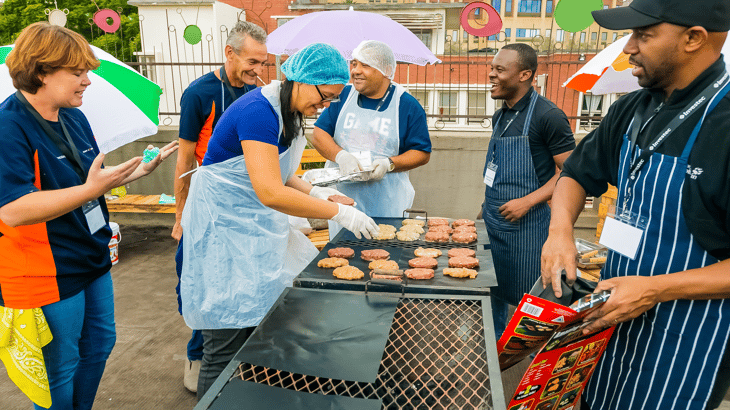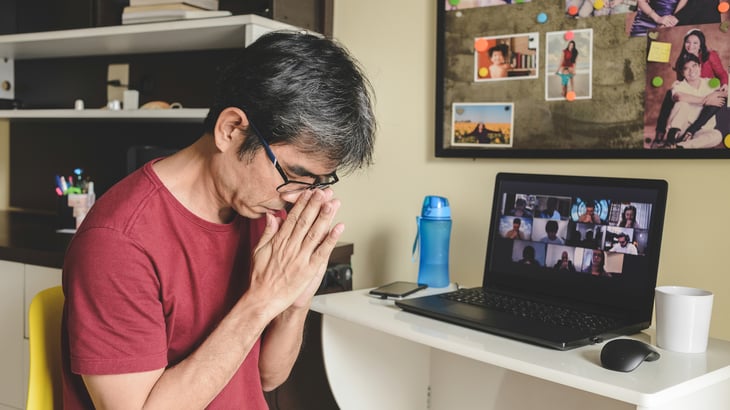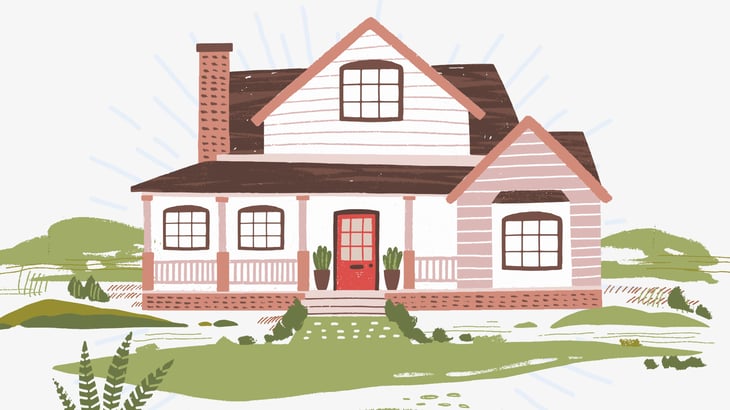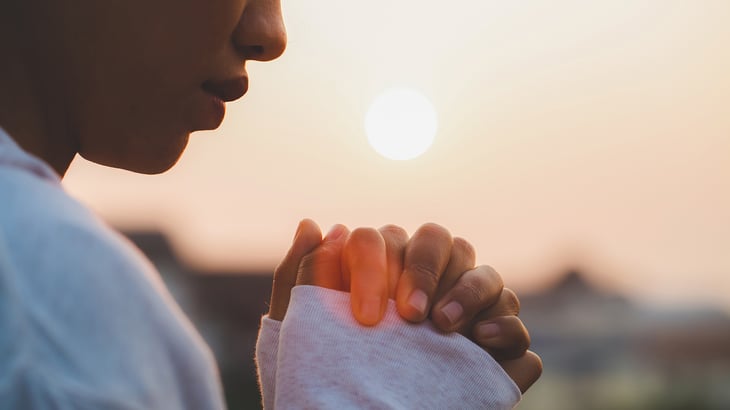Waffles, Mugs, and Bible Study: Four Tips for Building Christian Community That Lasts
You’ve got everything laid out: snacks, Bibles, pens, and a welcome sign. You even turn on an inspirational playlist for mood music. Despite these eager preparations, only a few people trickle through the door. The emails, posters, and social media posts didn’t draw a crowd like you’d hoped. I’m guessing you can relate to the sinking feeling of low turnout. But people everywhere are starving for Christian community, and changing your outreach methods can help you connect with them.
God’s House: A Community That Cares
The Church has been blessed, but those blessings must spread outside its walls. The Church has a ministry in its neighborhood. We reach out as believers, eager to share our lives with others. Here is a practical example.
How to Build Christian Community as Young Adults
One of the hardest parts of being a young adult is building Christian community. Whether you live in your hometown and are trying to find new friends since your hometown friends have left, or whether you have moved to a new city and are trying to find a new group of friends, you probably have felt the struggles of building a community of friends.
The Three Greatest Gifts the Church Can Give to Believers
Stop me if you have heard this, “Boy, has this been a difficult season.” That is an attitude I have heard time and time again. I think we have given up on the idea of ever returning to normal, but we should not give up on the Church getting back to what it does best. However, in this season, I wonder if the Church needs a reminder of its purpose.
We Need Eighth Commandment People Now More than Ever
Our Savior, Jesus Christ, was wrongly accused and wrongly convicted of a crime He did not commit. The Sanhedrin would go to any means necessary to silence this rabbi, even to the extreme of breaking the Eighth Commandment to have Jesus put to death.
Longing for Community? Find It Here
This post is excerpted from Connected to Christ: Overcoming Isolation through Community by Brian Davies. Read below to see how you can find community in Christ’s Church.
Developing a Circle of Trust
In previous posts, I have approached the concept of race relations from a theoretical point of view. However, in this post, I want to give you some practical ideas to help make the task ahead seem less daunting. When we work with congregations who ask us for the magic ingredient for reaching their community, we have just one word for them. If you want to know the secret to being relevant in your community, come closer and I will tell you. A little closer. The secret is RELATIONSHIPS!
John Maxwell once said about leadership, “Everything rises and falls on leadership.” Any hope we have of overcoming racial tension, any hope of seeing beyond color, is based on our ability to build authentic relationships. On to the task at hand: how do you develop a circle of trust? I believe there are five key elements.
How to Build Virtual Community
As some states are beginning to open back up, many states are still either under stay-at-home orders, require reduced capacity for public gatherings, or mandate social distancing practices.
In the midst of this, many people have been missing their church family. Community is an essential part of the Christian life, and gathering on Sunday mornings for church is a natural way to build relationships. Add to that weekly small group Bible studies, accountability meetings, and hangouts that are no longer happening, and we have a community crisis on our hands.
Vocation Starts at Home
Note: this article was written for the fall edition of Lutheran Life. It was written before COVID-19 was a worry for the world. As we are now in this new time of social distancing, working from home, and canceled events, consider how you live out your vocations under your own roof.
As you consider your vocations, it’s appropriate to start with where you live—right in your very living room. Take a moment to consider whom you live with. Perhaps a spouse, child, parent, or friend. What are practical ways you can love and serve those under the same roof?
Vocational work at home means recognizing the role you play in your family unit. Your very presence in this home holds the potential for you to carry out the good works God has prepared for you to do right here.
Continuing Community from Afar
Right now, something I’ve been hearing for ages is turning out to be more shallow than I had previously believed. We’ve all probably heard at some point that we live in a time where we are more connected than ever. But now that it’s recommended that we socially distance ourselves from one another to prevent the spread of COVID-19, we can feel how devastating and lonely it is when we are not physically interacting with others in community.

.jpg?width=50&height=50&name=IMG_20220621_160541_456%20(1).jpg)






















